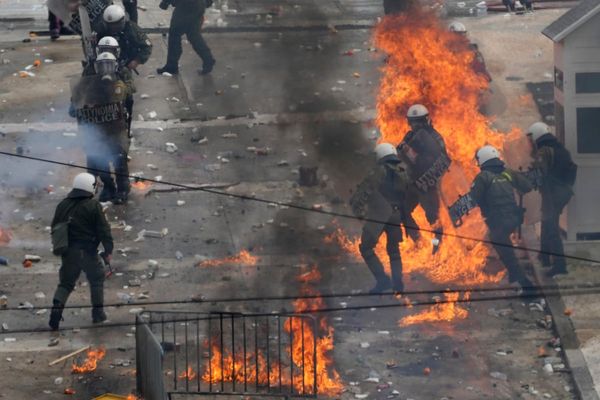Medical science is so advanced today, it has extended longevity and enhanced quality of life in ways thought impossible in the past, and yet, life must end in death. For those who lose someone dear to them, there is anger, disbelief and lack of acceptance, and this is sometimes unleashed on the hospital, doctors and nurses. This is why Kerala’s move to amend the Kerala Healthcare Service Persons and Healthcare Service Institutions (Prevention of Violence and Damage to Property) Act, to fortify defences against attacks on health-care institutions and workers is not only welcome but is also essential intervention. The death of a young house surgeon, Vandana Das, at the hands of an ‘inebriated’ patient during a routine medical examination in Kerala has not only shocked the community but has also revived fear among health-care workers about their own safety. Doctors have organised protests across the country, condemning this attack and urging authorities to ensure protection. While this particular incident might have been an outlier in terms of how it occurred, recent history in the country is replete with instances of co-ordinated assaults on health-care workers by irate patients or their attendees disappointed with health outcomes. The warriors in the hospitals, unlike those battling on enemy lines, do not sign up for assault in the line of duty. It is the duty of the state and the community to protect them and ensure they are shielded from assault and abuse, verbal and physical. The Kerala amendment is progressive in that it proposes to bring verbal abuse and violent acts causing simple and grievous hurt under the purview of the Act. Enhanced jail term (up to three years) and a hefty fine (up to ₹50,000) for those found guilty are also being prescribed. The government has proposed time-bound speedy disposal of such cases besides designating one court in each district as a special court to deal with these cases.
Other States need to consider interventions on similar lines too. While the law itself needs to be potent, its implementation should also promote deterrence, driving home the government’s commitment toward seriously handling assault on the health-care workforce. Since sagacity is unlikely to prevail in emergency and critical situations, it will be prudent to ensure that some measure of protection, security staff, for instance, is made available at private and public hospitals. It is unfortunate that a young doctor’s life was snuffed out even as it had hardly begun, but it is very much in the hands of the States to ensure that no such sacrifices are demanded at the altar of patient care anymore.







